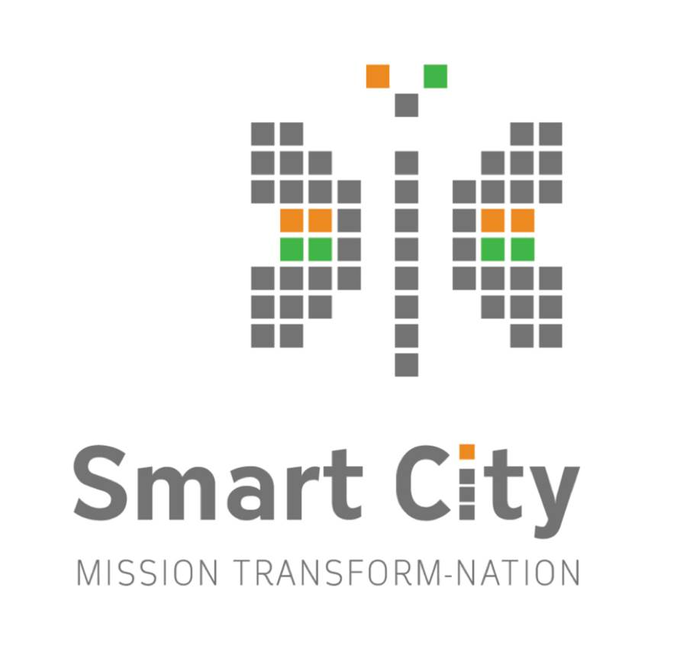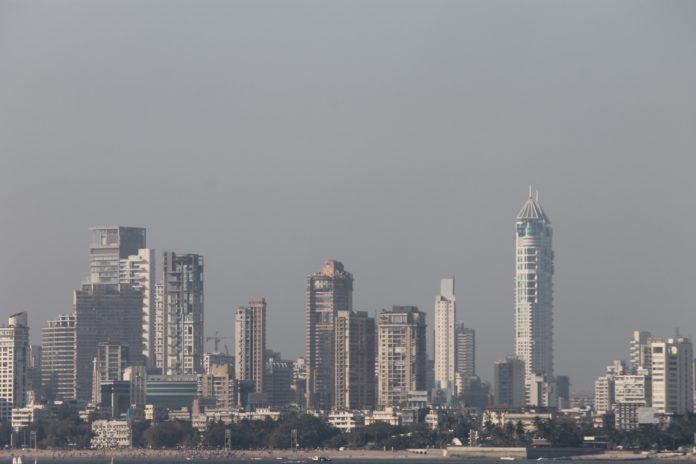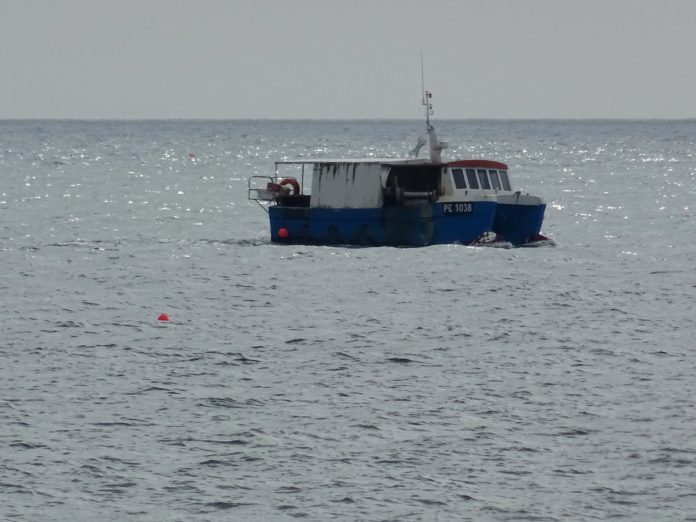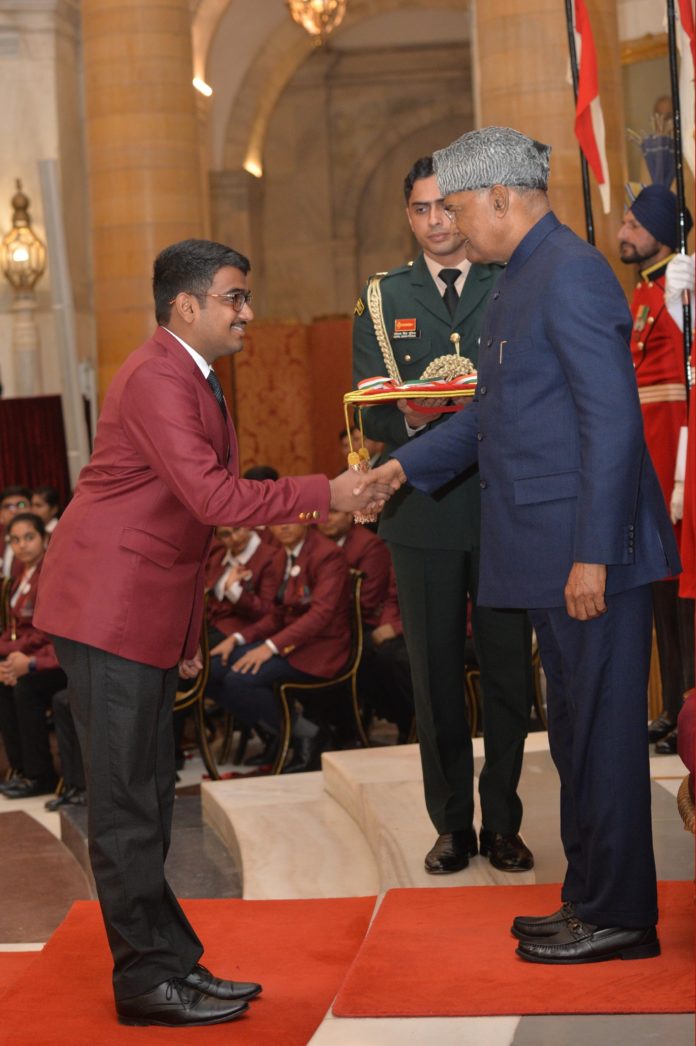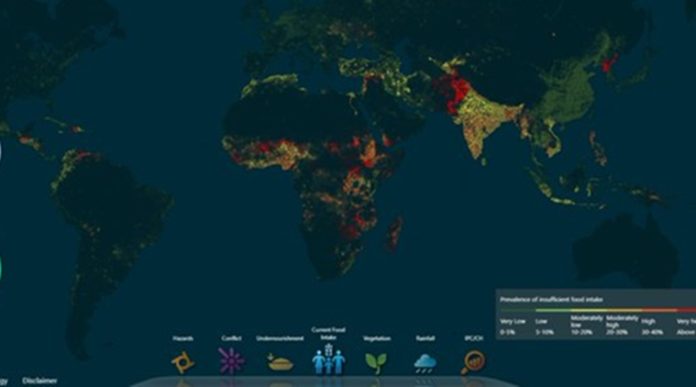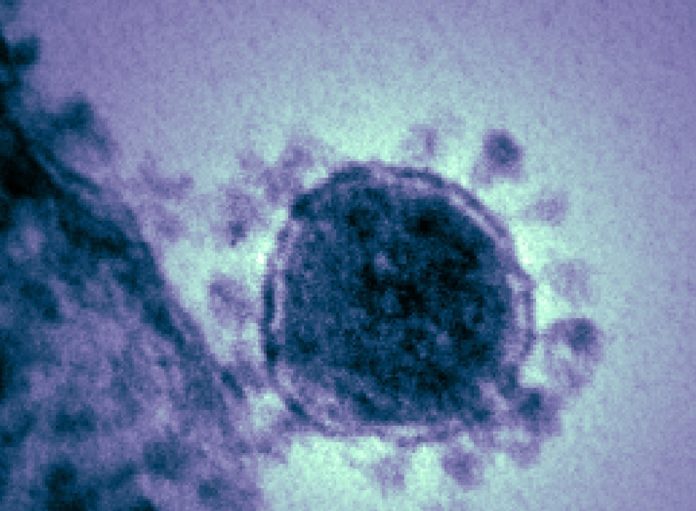New Delhi (NVI): A recent study predicted that solar and other renewable can provide a global energy jobs revolution. A system based on a 100% share of renewable energy would be cleaner, cheaper and better equipped to fight climate change, use of renewable energy would rely on million more new jobs than those provided by conventional power generation technologies.
The solar industry will provide 22 million jobs by 2050, according to the study, ‘Job creation during the global energy transition towards 100% renewable power system by 2050’. The report considers jobs in a range of sectors including manufacturing, construction and installation, operation and maintenance, fuel supply, decommissioning and transmission, as well as factoring in potential job losses.
According to the key findings of the study, , produced by a group including Christian Breyer, professor of solar economy at Finland’s Lappeenranta University of Technology (LUT), the global power sector employment will rise to 35 million positions in 2050, up from 21 million in 2015, with renewable supplying 80% of future opportunities.
Professor Christian Breyer said, “The jobs will be rather similar to existing jobs, except that these jobs are sustainable ones, which is not true any more for coal, fossil gas and oil jobs. Most jobs are for the operation and maintenance of power plants, similar to today.”
Additional jobs are created for manufacturing of the technical equipment and in addition, jobs are created for the construction and installation of all these new power plants.
The overall energy sector is expected to support 35 million jobs in 2030, up from 21 million in 2015. The number of people employed by the electricity sector will dip to 30 million after 2030 before recovering to 35 million by 2050. “This is mainly due to large [generation] capacities being replaced and reinvested in, as they would reach end of their lifetimes, with decommissioning contributing around 2% of total jobs by 2050,” the research states.
The study is based on data collected from 13,863 thermal power plants above 50 MW in size, with an aggregate capacity of 4,182 GW. That represents approximately 95.8% of the world’s total thermal power generation capacity, the researchers said. Their best policy scenario, based on the LUT Energy System Transition modeling tool, was developed to assess water consumption for thermal and nuclear power generation for the 2015-50 period.
By 2050, however, the water consumption of the world’s power plant fleet could be decreased by 97.7% and water withdrawal by 95.1%, if the best policy scenario becomes reality. The water that would be not used for power generation could then be diverted into food production or aquatic ecosystems.
The results of the research can potentially help in further studies on global food security to achieve a sustainable water-energy-food nexus.

